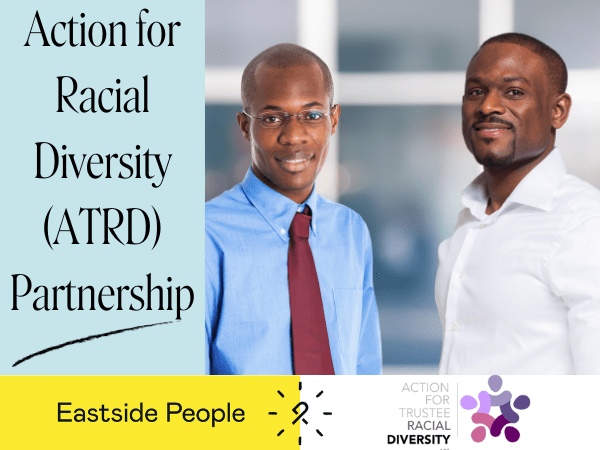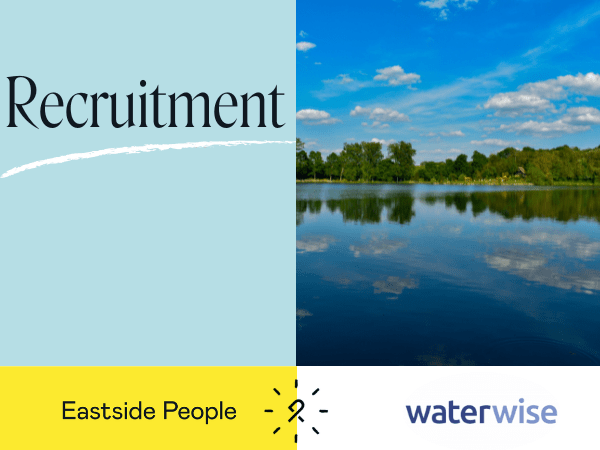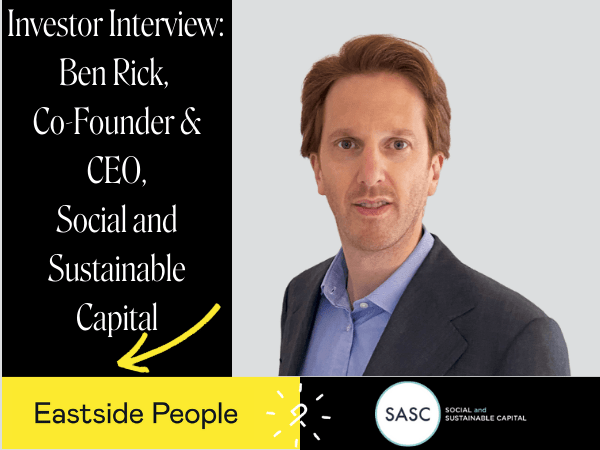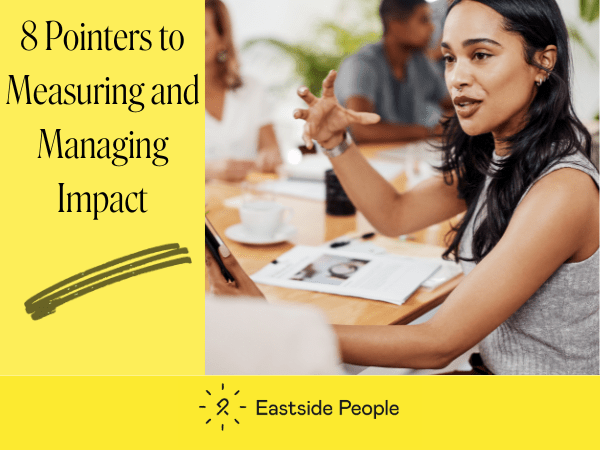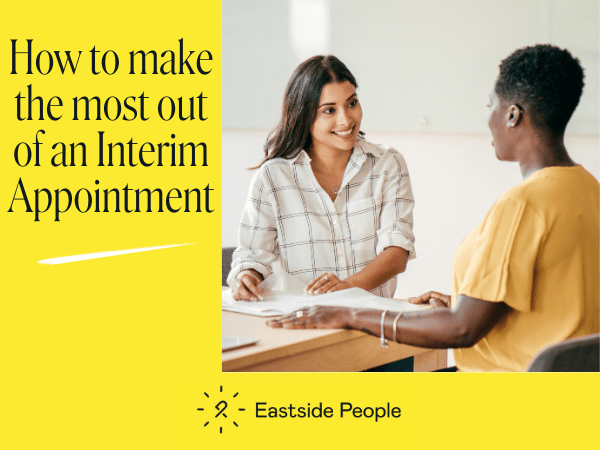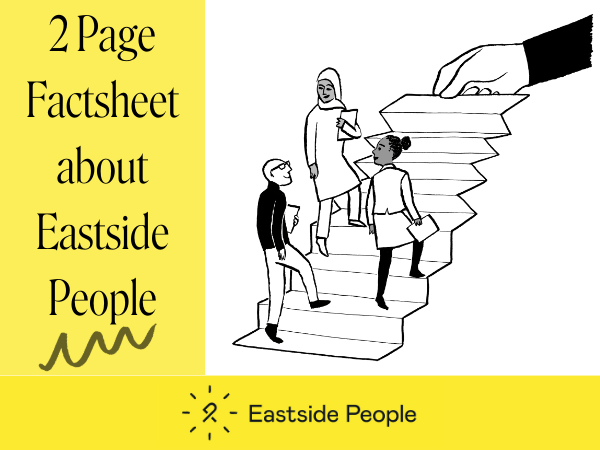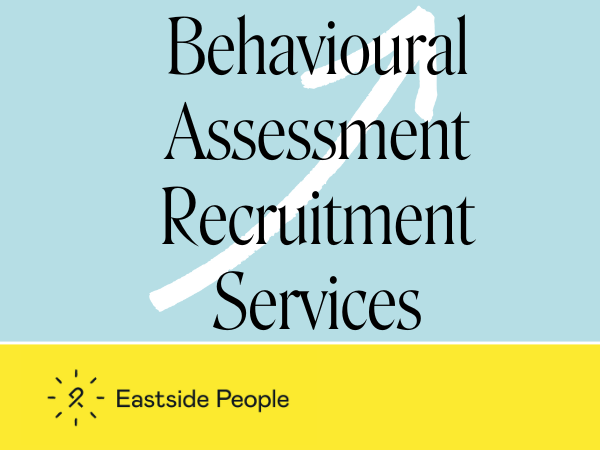At the same time, there is a clear lack of diversity in charity Boards. The Charity Commission and Pro Bono Economics 2025 survey of over 2,000 trustees across England and Wales found that women accounted for 43% of all trustees in 2024, up from 36% in 2017. However, when looking at larger charities (with income over £5 million), only 32% of trustees were women. In addition, only 8% of charity trustees in the UK are from an ethnic minority background, despite these groups making up 17% of the population today. Meaning there’s a 9% gap, or around 60,000 missing voices from board tables across the UK’s not-for-profit sector. Fewer than 3% of trustees are under 30 and only 11.7% are under 40 and though the data is lacking, qualitative evidence also points to under‑representation of people from lower socio‑economic backgrounds on boards.
Inclusion is about more than box-checking or PR, it enables the creative solutions, lived experience and internal challenge that come with diversity of thought.
So how do charities find the right mix of trustees, and enable them to have an impact?
Plan properly and look widely
- Gain internal clarity on what you need. Talk to the whole team, the front line and beneficiaries. Create engaging and inclusive recruitment packs which bring out the essence of the organisation, role requirements and the benefits of taking on a trustee role. Finding great volunteer trustees can be challenging, and organisations need to demonstrate what the role involves and why people should choose them.
- Spread the net widely and openly using a combination of search and advertising so that the process is inclusive and produces a diverse range of candidates. Look beyond standard job boards and networks to find candidates. Consider advertising with specialist groups e.g. Women on Boards, Young Trustees Movement, Evenbreak or find partners such as Board Racial Diversity UK who can help broaden your search.
- Focus on potential and don’t put up unnecessary barriers such as a requirement to have previous trustee experience or to have knowledge that could be learnt.
Induction and training
The work can’t stop once a trustee is recruited. Enable trustees to familiarise themselves with how your organisation operates. Be prepared to help new trustees understand areas that they may not be familiar with such as financial literacy or industry jargon.
Virtual meetings have lowered barriers to attendance and can change the power dynamics that occur around a physical table, especially for trustees less experienced in meeting dynamics or those with disabilities or caring obligations, or who live far away from the office.
Chief executives, chairs and existing members must also create an open and inclusive culture. Being the lone addition to an established board can be difficult, particularly if you are from an underrepresented group. One trustee, onboarded well, must be able to make a real difference and feel that they can contribute.
What can individual trustees do?
A must for new trustees is to learn about the charity they have joined. They should secure early conversations with the chair and chief executive (and other stakeholders) to talk about expectations and fill in blanks. Seek out information on the role of a trustee or seek out training. It is also useful to learn about current issues facing the sector and the forces affecting the organisation in the wider environment.
Look at industry publications and similar types of organisations to understand the wider perspective. The Charity Commission, NCVO and Third Sector have a wealth of resources.
Following these guidelines will help not-for-profit organisations to craft recruitment processes and foster cultures that will lead to greater board effectiveness and finally make diversity a reality. In turn, this will help ensure future sustainability and address potential governance challenges.


